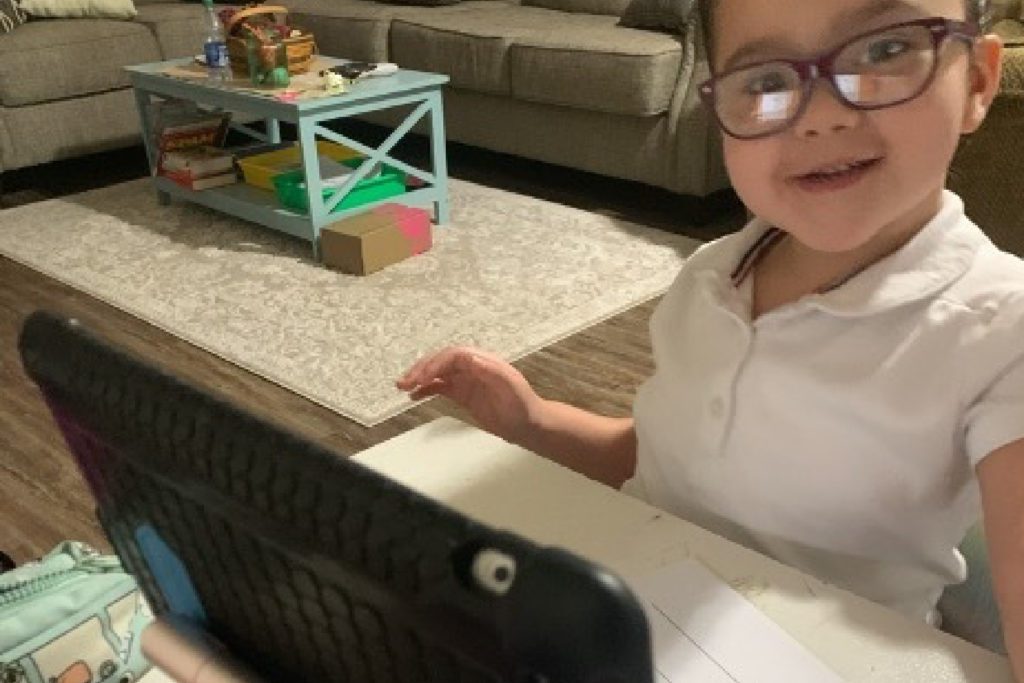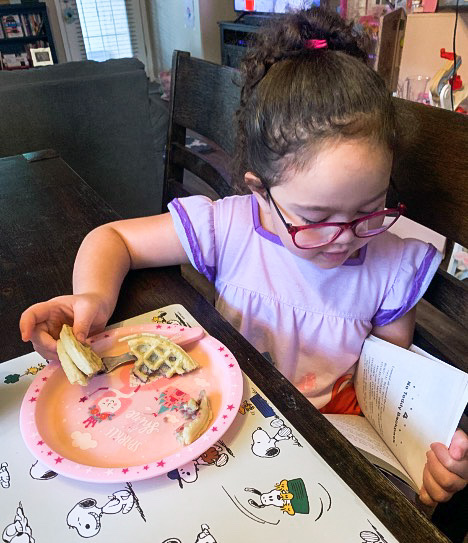Reclaiming Early Childhood Education


Five Teaching Practices to Continue in 2021
In March 2020, my daughter went on spring break from her preschool program and, like many other children, she didn’t go back to school to finish the year. At that time, her teacher and the other teachers at her school were scrambling to pivot to remote learning. They tried things like sending home packets, conducting remote activities, and encouraging outdoor exploration (e.g., “go on an outdoor scavenger hunt with your family”). I remember thinking, “This is great. They’re making the best of it, and the children seem to be enjoying it. Everything will be back to normal soon enough.” Fast forward to April 2021, and I don’t have to tell you how wrong I was.
Those teachers and so many more, including some of you reading this, adapted throughout the past year. You changed your teaching routines. You changed your learning environments. You tried new teaching strategies. You did whatever you needed to do to provide continuity in care and learning for children. And we owe you all our deepest gratitude. Thank you.
Right now, many of you are winding down what may be the most unusual year you’ve ever experienced. You may be simultaneously thinking about what the next year will be like. As you begin to plan for what may be coming, we encourage you to reflect on what you’ve learned in the last year—about children and their learning and about teaching and yourself. As a company, we have supported numerous teachers, caregivers, and administrators in the last year, and we have learned quite a bit along the way.

Here is a list of the five practices we think are worth taking into the new year:
- Keep focusing on relationships. Relationships, at all levels, were challenged during the pandemic and, in many instances, were made much stronger. Relationships between families and teachers, between teachers and children, and between children and children had to be strengthened if remote learning was going to work. The intentional efforts you made to keep caring for children’s social and emotional needs while connecting with them remotely should continue.
- Keep empowering children. The increased use of technology gave children, many of whom are digital natives, an opportunity to show what they know. In some instances, we’ve heard, children were even able to teach their grown-ups some things about how to use technology. In the next year, find ways to empower children to teach you, too.
- Keep partnering with families. To reach children, it was critical for teachers and caregivers to work with families to get their young children online. This sharpened focus on engaging families led to more families having insight into their children’s daily learning and receiving explicit guidance on how to engage their children in learning beyond the time they spent on a device. This back-and-forth with families helped increase the respect and trust between teachers and caregivers and family members. Families must continue to be treated as partners.
- Be flexible. The ability and willingness of teachers and caregivers to adapt to constantly changing local situations is one of the main reasons we have been able to persist through an extraordinary year. Many teachers were flexible, adapting to meet families’ changing needs and program expectations, while also being responsive to children’s needs. This flexibility will continue to be needed in the new year.
- Be authentic. Teachers and caregivers expressed their genuine concern for the well-being of children and their families. They modified their work schedules to be available when families needed to meet with them during non-traditional hours. They stayed on their remote learning sessions longer than scheduled when children were engrossed in conversations with them and one another. In all of these instances, teachers and caregivers were authentic in their desire to support children and their families. This authenticity should not be left behind.